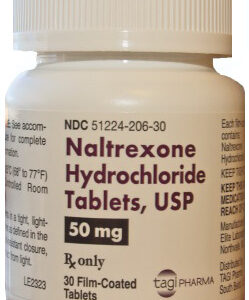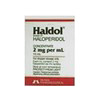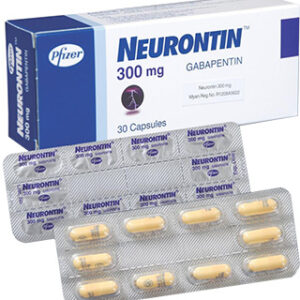Neurontin Overview
Neurontin, commonly known by its generic name gabapentin, is a pharmaceutical agent prescribed for the management of various neurological conditions. Classified principally as an anticonvulsant, it is frequently utilized to alleviate nerve pain and control seizures. Its mechanism involves the modulation of neurotransmitter release in the brain, thus affecting nerve activity.
Indications and Usage
Neurontin serves several therapeutic purposes. It’s chiefly indicated for the treatment of seizures associated with epilepsy, where it can be used solo or concomitantly with other medications. Additionally, it addresses the discomfort arising from neuropathic pain, often observed in conditions like shingles (postherpetic neuralgia), diabetes-related nerve pain, and spinal cord injuries. Moreover, Neurontin is prescribed off-label for several other nervous system disorders.
Dosage and Administration
The suited dosage of Neurontin is individual-specific, guided by factors such as the condition being treated, patient age, kidney function, and concomitant medications. Initiation of therapy typically commences with a low dose, progressively escalating to an effective yet tolerable level. It can be consumed with or without food, and the capsules or tablets should be swallowed whole with a glass of water.
Initial Dosing
For epilepsy, the initial dosage is often set at 300 mg, administered three times daily. Postherpetic neuralgia treatment may begin with a dose of 300 mg on the first day, 600 mg on the second day divided into two doses, and 900 mg on the third day divided into three doses.
Maintenance Dosing
Maintenance dosing typically falls between 300 to 600 mg, three times a day. Nonetheless, some patients may require higher doses for optimal results, administered under strict medical supervision.
Pediatric Dosing
Children’s dosage is determined by weight, with typical regimen starting lower and cautiously adjusted.
Renal Impairment
Patients with renal complications may necessitate dosage adjustments, with lower doses or extended intervals between doses.
Contraindications and Warnings
Neurontin is contraindicated in individuals who have shown hypersensitivity to gabapentin or any of its components. Extreme caution is advised in patients with a history of psychiatric disorders or who are at risk for substance abuse. Abrupt discontinuation of Neurontin, particularly in those with epilepsy, may precipitate status epilepticus, a serious condition requiring immediate medical attention. Patients should be thoroughly evaluated for a history of drug reaction with eosinophilia and systemic symptoms (DRESS) or other allergic reactions.
Precautions and Interactions
Neurontin’s interaction with other medications necessitates meticulous review of a patient’s medication regimen. Neurontin may enhance the effects of other central nervous system (CNS) depressants like alcohol, antihistamines, and sedatives, thereby increasing the potential for sedation and dizziness. Antacids containing aluminum or magnesium may affect Neurontin’s absorption when taken simultaneously. Thus, administration should be separated by at least two hours. It is crucial to monitor patients for changes in behavior indicative of depression or suicidal ideation, especially upon treatment initiation or dosage adjustment.
Adverse Reactions
Those treated with Neurontin may face various side effects, the most frequent being dizziness, sleepiness, and peripheral edema. Less common but more severe reactions include motor incoordination, infections, and leukopenia. While many side effects are transient and do not require medical intervention, persistent or aggravated adverse effects should prompt a consultation with a healthcare provider.
Overdose and Management
Overconsumption of Neurontin may culminate in symptoms such as double vision, slurred speech, drowsiness, and diarrhea. In overdose situations, immediate medical attention is vital. Supportive measures, including hemodialysis for patients with compromised renal function, may be deployed to hasten the elimination of the drug from the system.
How to Store Neurontin
Ensuring the correct storage of Neurontin is critical for maintaining its efficacy and safety. The medicament should be stowed in a cool, dry place away from direct sunlight and out of children’s reach. The recommended storage temperature is within a room ambiance, with a tight lid on the container to prevent moisture ingress.
Patient Counseling Information
Patients introduced to Neurontin therapy should be informed about the medication’s purpose, potential side effects, and the importance of adhering to the prescribed dosage. They should also be cautioned against abrupt discontinuation of the drug and advised to alert their physician if they experience distressing changes in mood or behavior. The importance of not operating heavy machinery or driving until they understand how Neurontin affects them is paramount due to its potential to cause drowsiness and impair motor skills.
Additional Information
Further inquiries regarding Neurontin’s use, including questions surrounding its off-label applications, should be directed to healthcare professionals. Access to up-to-date, comprehensive information ensures the optimization of therapy while safeguarding patient well-being.






Reviews
There are no reviews yet.